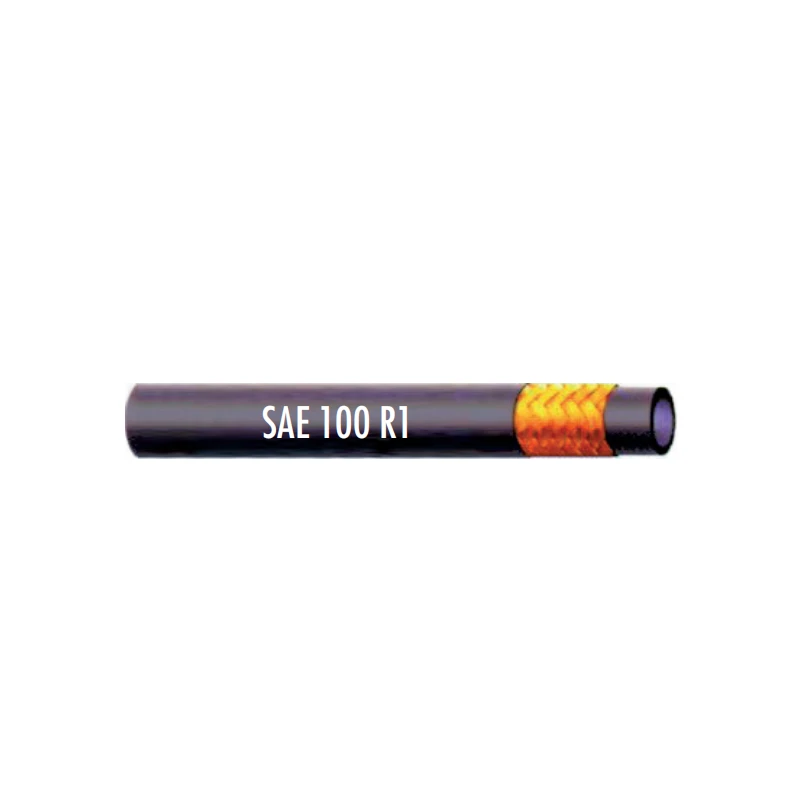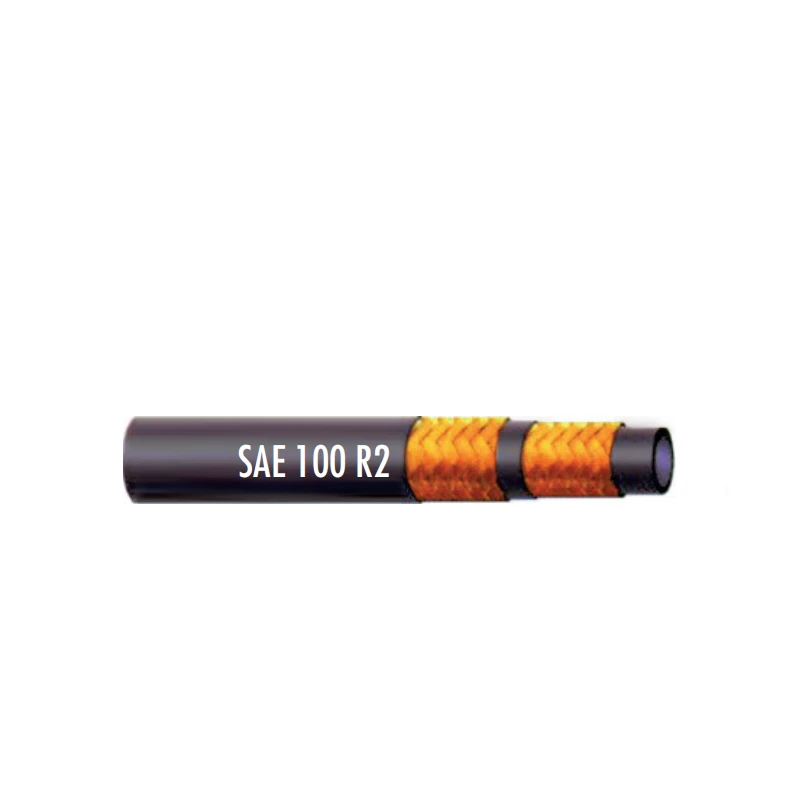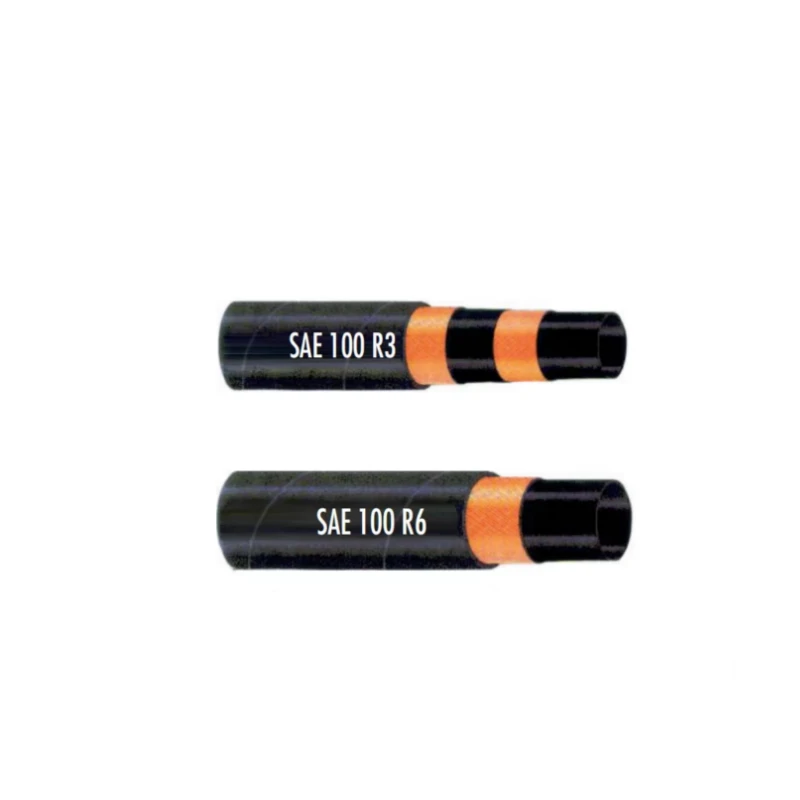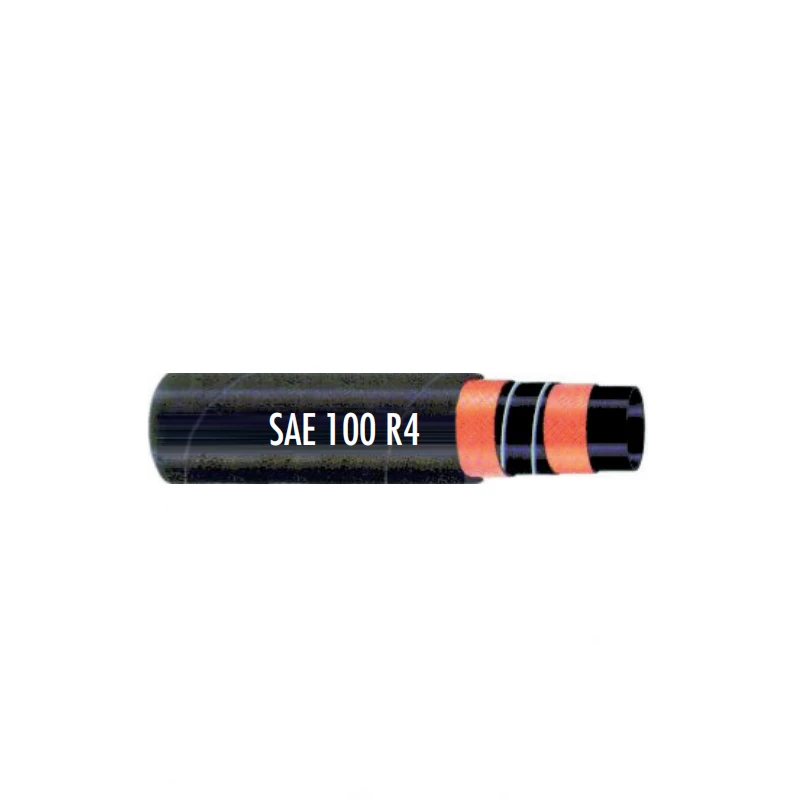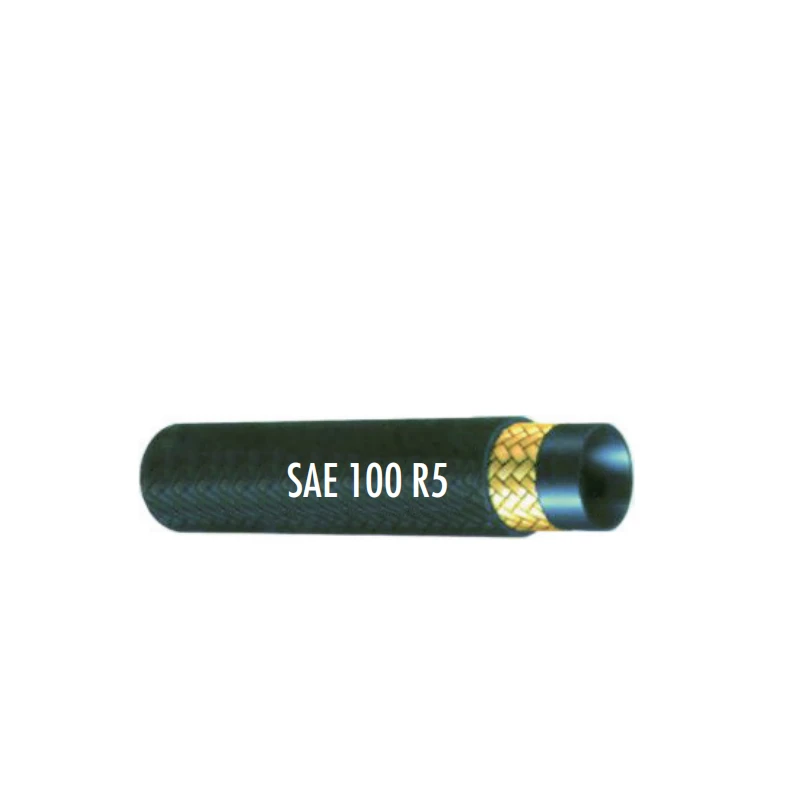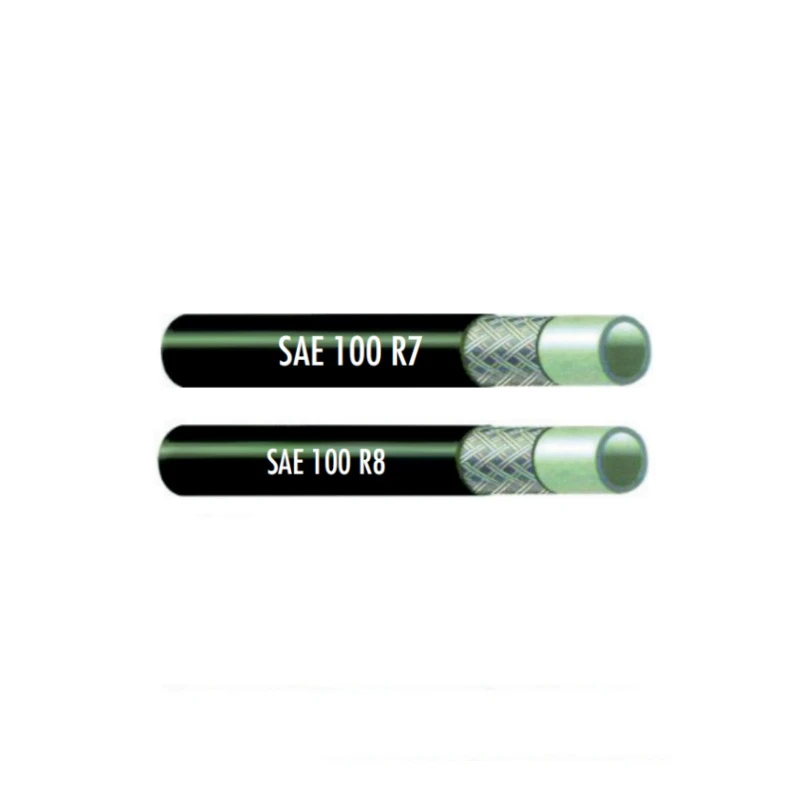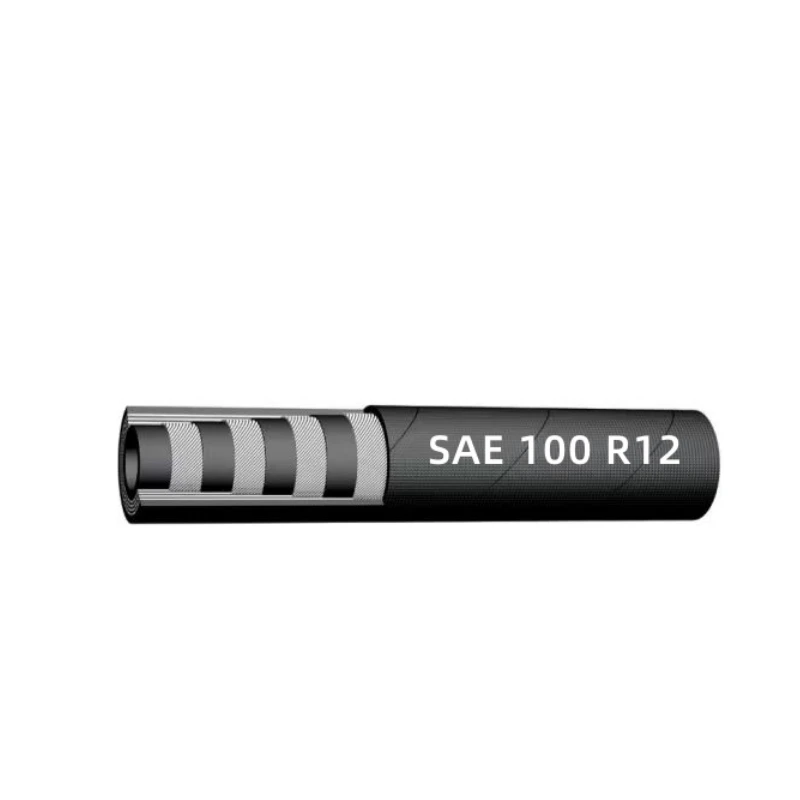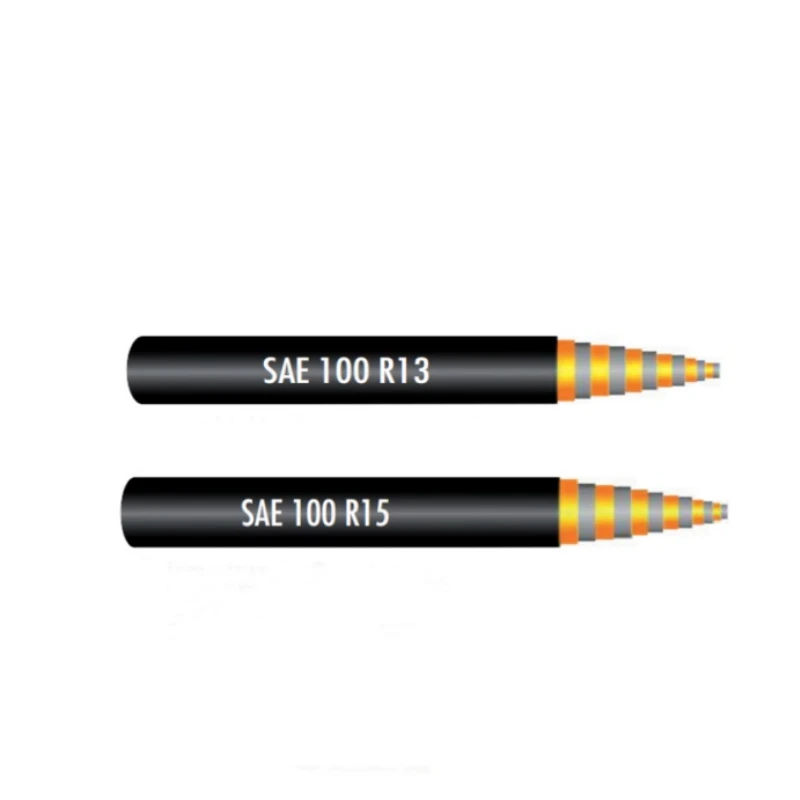
- Afrikaans
- Albanian
- Amharic
- Arabic
- Armenian
- Azerbaijani
- Basque
- Belarusian
- Bengali
- Bosnian
- Bulgarian
- Catalan
- Cebuano
- Corsican
- Croatian
- Czech
- Danish
- Dutch
- English
- Esperanto
- Estonian
- Finnish
- French
- Frisian
- Galician
- Georgian
- German
- Greek
- Gujarati
- haitian_creole
- hausa
- hawaiian
- Hebrew
- Hindi
- Miao
- Hungarian
- Icelandic
- igbo
- Indonesian
- irish
- Italian
- Japanese
- Javanese
- Kannada
- kazakh
- Khmer
- Rwandese
- Korean
- Kurdish
- Kyrgyz
- Lao
- Latin
- Latvian
- Lithuanian
- Luxembourgish
- Macedonian
- Malgashi
- Malay
- Malayalam
- Maltese
- Maori
- Marathi
- Mongolian
- Myanmar
- Nepali
- Norwegian
- Norwegian
- Occitan
- Pashto
- Persian
- Polish
- Portuguese
- Punjabi
- Romanian
- Russian
- Samoan
- scottish-gaelic
- Serbian
- Sesotho
- Shona
- Sindhi
- Sinhala
- Slovak
- Slovenian
- Somali
- Spanish
- Sundanese
- Swahili
- Swedish
- Tagalog
- Tajik
- Tamil
- Tatar
- Telugu
- Thai
- Turkish
- Turkmen
- Ukrainian
- Urdu
- Uighur
- Uzbek
- Vietnamese
- Welsh
- Bantu
- Yiddish
- Yoruba
- Zulu

نومبر . 27, 2024 14:13 Back to list
Hydraulic Hoses Buying Guide
Hydraulic hoses are essential components in hydraulic systems, designed to transmit fluid and power between different parts of machinery. Whether you're looking for hydraulic hoses for sale, exploring various hydraulic hose types, or seeking to understand their applications, this guide will provide all the details you need.
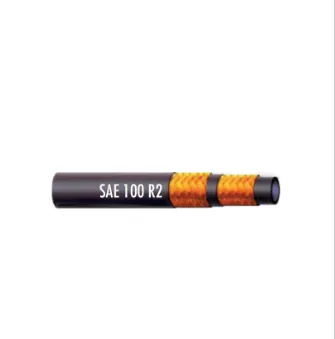
What is a Hydraulic Hose?
A hydraulic hose is a flexible tube made of synthetic rubber, thermoplastic, or reinforced materials designed to carry hydraulic fluid under pressure. These hoses are used in systems requiring precise control and high power transmission, such as construction equipment, industrial machinery, and agricultural vehicles.
Key Features:
Material:
- Inner tube: Compatible with specific hydraulic fluids.
- Reinforcement layer: Provides strength and pressure resistance.
- Outer cover: Protects against abrasion, weather, and chemicals.
Pressure Ratings:
- Designed to handle high-pressure systems, ranging from 300 PSI to over 10,000 PSI.
Temperature Range:
- Can withstand extreme temperatures, typically from -40°F to 250°F (-40°C to 121°C), depending on the material.
Hydraulic Hose Types
There are several types of hydraulic hoses, each suited for specific applications and fluid types:
1. SAE Standard Hoses
- Description: Built according to standards set by the Society of Automotive Engineers (SAE).
- Features:
- Wide compatibility with hydraulic systems.
- Available in varying pressure ratings.
- Applications:
- Automotive, industrial, and agricultural machinery.
2. High-Pressure Hoses
- Description: Designed for systems that require extremely high-pressure fluid transfer.
- Features:
- Multi-layered reinforcement, such as steel wire.
- Handles pressures over 10,000 PSI.
- Applications:
- Heavy machinery, construction equipment, and mining operations.
3. Thermoplastic Hoses
- Description: Lightweight hoses made of thermoplastic materials.
- Features:
- Resistant to abrasion, weather, and chemicals.
- Compact design for tight spaces.
- Applications:
- Mobile hydraulic equipment and industrial applications.
4. Low-Pressure Hoses
- Description: Designed for low-pressure hydraulic systems.
- Features:
- Flexible and lightweight construction.
- Applications:
- Return lines, drain lines, and suction hoses.
5. Stainless Steel Braided Hoses
- Description: Hoses with stainless steel reinforcement for extra durability.
- Features:
- High resistance to corrosion and extreme temperatures.
- Applications:
- Harsh environments, marine applications, and chemical processing.
6. Spiral Hoses
- Description: Reinforced with spiral steel wire for added strength.
- Features:
- Excellent for systems with pulsating pressures.
- Applications:
- Construction, forestry, and industrial machinery.
Applications of Hydraulic Hoses
Hydraulic hoses are used in a wide range of industries, including:
Construction:
- Excavators, bulldozers, and cranes rely on hydraulic hoses for fluid power transmission.
Agriculture:
- Tractors, harvesters, and other farming equipment use hydraulic systems.
Industrial Manufacturing:
- Hydraulic presses, robots, and automated systems.
Automotive:
- Brake systems, power steering, and suspension systems.
Marine and Aerospace:
- Hydraulic hoses are used in ships and aircraft for precise control of fluid systems.
Buying Guide: Hydraulic Hoses for Sale
When purchasing hydraulic hoses, consider the following factors:
1. Compatibility
- Ensure the hose material is compatible with the hydraulic fluid used in your system (e.g., oil, water, or synthetic fluids).
2. Pressure Rating
- Choose a hose with a maximum working pressure higher than your system’s operating pressure to ensure safety and durability.
3. Temperature Range
- Verify that the hose can handle the temperature extremes of your application.
4. Size
- Match the hose diameter to your system requirements to maintain proper flow and pressure.
5. Reinforcement
- Select the appropriate reinforcement type (braided or spiral) based on the application’s pressure needs.
6. Certifications
- Look for hoses that meet industry standards such as SAE, ISO, or DIN for quality assurance.
Hydraulic Hose Cost
The price of hydraulic hoses varies depending on the type, size, and material:
|
Type |
Price Range (Per Foot) |
|
Low-Pressure Hoses |
$1.50–$5 |
|
Thermoplastic Hoses |
$3–$8 |
|
High-Pressure Hoses |
$5–$15 |
|
Stainless Steel Braided |
$10–$25 |
|
Custom Hydraulic Hoses |
Varies based on specifications |
Note: Prices may vary by region and supplier.
Hydraulic hoses are crucial components for efficient and safe hydraulic systems. By understanding the various hydraulic hose types and their applications, you can choose the right hose for your needs. Whether you're looking for hydraulic hoses for sale for a personal project or industrial operations, selecting high-quality hoses and sourcing them from reliable suppliers ensures long-term performance and reliability.
Latest News
Steel Wire Reinforced Hydraulic Hose SAE 100 R1 / EN853 1SN S
NewsOct.17,2024
Two Layers Steel Wire Reinforced Hydraulic Hose SAE 100 R2 / EN853 2SN
NewsSep.03,2024
Textile Braid Reinforced Hydraulic Hose SAE100 R3+R6
NewsSep.03,2024
Textile Reinforced Hydraulic oil Suction Hose with embedded Steel Wire SAE 100 R4
NewsSep.03,2024
Single Wire Braid and Textile Covered Hydraulic Hose SAE 100 R5
NewsSep.03,2024
High Pressure Thermoplastic Hydraulic Hose SAE 100 R7 / EN855 R7 - SAE 100 R8 / EN855 R8
NewsSep.03,2024
Heavy Duty Four-layer Steel Wire Spiral Reinforced Hydraulic Hose SAE100R9+R10+R12
NewsSep.03,2024
Heavy Duty Multi-layer Steel Wire Reinforced Hydraulic Hose SAE100R13 SAE100R15
NewsSep.03,2024
Latest Products
